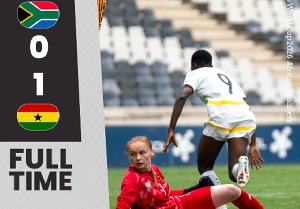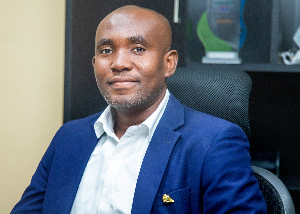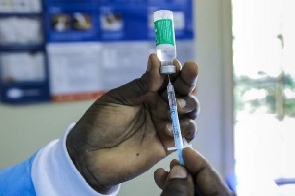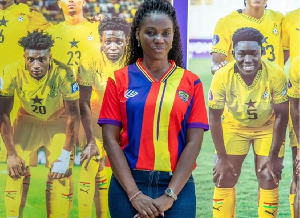General News of Tuesday, 30 March 2010
Source: GNA
ECOWAS urged to strengthen its mechanisms on peace
Accra, March 30, GNA - Participants at a week's ECOWAS international conference have called for the strengthening of mechanisms to ensure the enforcement of the Constitutional Convergence Principles stipulated in the ECOWAS 2001 Supplementary Protocol on Democracy and Good Governance. A statement issued and signed by Uwem Thompson, Information Officer of ECOWAS Commission, and copied to the Ghana News Agency in Accra, said the conference was to commemorate and evaluate 20 years of ECOWAS' involvement in peace processes.
It said the move would help to deal with the structural causes of conflicts and enhance the democratic culture in Member States. In a document titled, "The Monrovia Declaration on Two Decades of Peace Processes in West Africa" released at the close of the conference in Monrovia on Friday, March 26, the participants stressed the need to build the capacity of electoral organisations, political parties, Parliaments and the judiciary across the sub-region.
They also called for a review of the sanctions regime by ECOWAS, in collaboration with the African Union (AU) and United Nations, in order to make it more effective.
The document urged ECOWAS to design and develop a post-conflict reconstruction and peace-building framework in line with the AU Post-Conflict Reconstruction and Development Framework, to enhance sustainable peace in Member States and to include a clear policy on Disarmament, Demobilisation, Rehabilitation and Reintegration. While noting the invaluable contributions to stability by ex-Heads of State, the conference called on ECOWAS to fast-track the establishment of a Council of Former Heads of State and Governments in the region to enable them to contribute more effectively to conflict prevention and peace-building efforts.
It further urged ECOWAS to streamline and strengthen its mediation efforts by setting up the Mediation Facilitation Division in the Political Affairs Directorate of ECOWAS Commission, drawing on relevant experiences, including those of the United Nations.
The document said the division would facilitate preventive diplomacy activities undertaken by the Commission. "This includes the Council of the Wise for whom it was recommended that ECOWAS should enhance its capacity and effectiveness by expanding its range of expertise and making it more proactive in the discharge of its functions in preventive diplomacy," it added. The participants agreed that ECOWAS' capabilities to engage in the prevention, management and resolution of local and low intensity conflicts should be enhanced by developing a bottom-up mechanism - that is alternative dispute resolution methods, including traditional approaches - to reinforce the existing peace and security architecture. Similarly, they called on ECOWAS to engage Member States by enhancing their capacities to manage and resolve local and low intensity conflicts, by developing their national mechanisms to reinforce the existing peace and security architecture.
The participants also recommended the strengthening of civil society, particularly women, youth, religious and community groups, and the media who function as key stakeholders in peace processes. In this regard, ECOWAS was asked to involve them actively in the crafting and implementation of peace agreements, as well as in post-conflict peace-building.
ECOWAS was also urged to engage the private sector to get actively involved in the implementation of post-conflict reconstruction and peace-building programmes. On what was described as "track two preventive diplomacy", the conference requested that ECOWAS assisted in building the capacity of community-based organisations, including women, the youth, religious groups and the media.
In a similar vein, it called on ECOWAS to encourage the private sector in respective Member States to invest in building the capacity of these groups and organisations.
The conference was attended by former Heads of State, the leadership and senior officials of ECOWAS and AU Commissions, members of the UN system, the ECOWAS Council of the Wise, former ECOMOG and ECOMIL Commanders, government officials from ECOWAS Member States, practitioners and researchers as well as representatives of civil society and the media.
Entertainment











